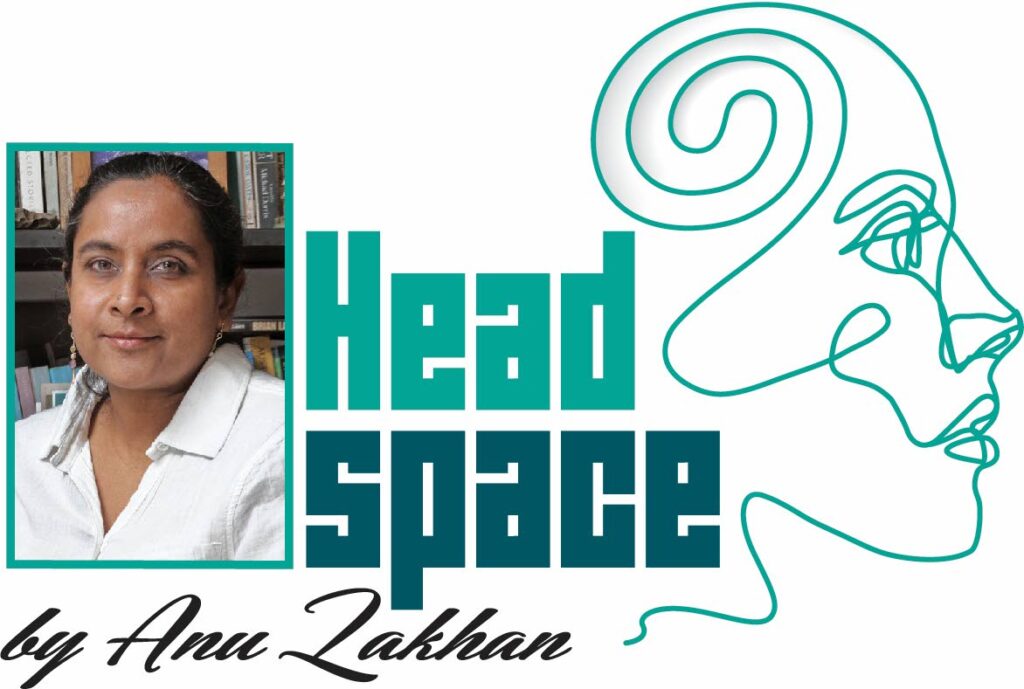Stuck in so many moments

PsychCentral (at psychcentral.com) is as popular a site as you might expect if it’s going to have a name like that. Sort of the City Gate of accessible mental health.
It’s good. They do their homework and I’ve never seen anything truly objectionable there.
Stuck or Truly Stuck are addresses so many of us find ourselves buying or renting space in these days. This is not new; I just wonder if it’s getting more difficult to leave. Why can’t everything be like Post-it notes? Cheerfully yellow and designed to be peeled off when no longer needed?
After all my parents did for me, my dream is to grow up to be disposable stationery.
But back to my interest in PsychCentral. I had a look at their thoughts on being stuck in Feeling Stuck? How to Remove Those Roadblocks. And I was struck; almost stricken. Was I simple? My list seemed so – not to put too fine a point on it – but, meh, compared to theirs.
I looked my list up and down and then I looked back at theirs. They had some really good points, and I’m going to share them with you, and then I’m going to share my rather pedestrian set, because I may be a simple bear, but I’m the simple bear you’ve got.
PsychCentral, fed by numerous clinicians and research facilities, shares these as the main ways we find ourselves stuck. Their list is not exhaustive, but I still find it a bit daunting. It dives deep and has me more worried than I was before.
Their list: cognitive overload, overwhelm, and burnout; unconscious self-limitation and self-sabotage; unmanaged mental health conditions; limited vision; lack of adequate support or resources.
But lo, that is not the end, there’s more: perfectionism and fear of uncertainty; emotional conflict between the desires of self and others; resistance to change; and finally, lack of a deeper sense of meaning or purpose.
If I thought of two of those issues before, that’s plenty. But I am impressed by this gathering of ideas.
When I started looking at the ways in which we feel stuck or trapped, one of the first things I thought about was how we limit the way we let ourselves consider that term.
For instance, it is easy to see and therefore describe ourselves as feeling stuck in a routine or a job. Take it to a more uncomfortable space: we might admit to feeling stuck or trapped in a marriage or relationship.
But are we ready to extend that phrasing to how we feel about our family, if it is true? Or does that go against what we believe we are allowed to feel about family?
People have always felt trapped in their bodies. All through the history of forever. This did not start a few decades ago or a few years ago. And not when partway through Umbrella Academy, actor Ellen Page became Eliot Page and the show just carried on as though that was all completely normal for the storyline and the world.
Back at the dawn of civilisation when I was young, I knew people who felt they’d been born into the wrong bodies. These were friends.
I have never understood the cruelty of others to those who never felt comfortable in their own skin. The body as an enemy should be a whole separate column. There’s weight, colour, race, height (yes, height), physical ability or difference.
Body-trappedness hurts us in one overwhelming, impossible-to-ignore way: privilege. Or its lack. Or how what you look like affects what you get and how much you get.
Playing straight out of that is a kind of admission that definitely feels like treason. If there is a community to which you are supposed to belong and you don’t feel like you fit in, what then? There are so many things wrapped in that. The definition of the community, for a start. Intergenerational definitions, for another.
And then there are the things you want to do that no one you ever met was interested in. That community could be the place you’re from, or a socio-ethno-economic club. It could be a football team.
There are so many ways in which the world will lock us out, and that’s after we’ve taken stock of the ways we’re at war with and within ourselves.
These days I feel like every column is a list. Or the sketched-out notes of something that has ambitions of being an essay like some columnists used to have in the old-timey days.
Fear not, that way lies madness, even I know that.
Remember to talk to your doctor or therapist if you want to know more about what you read here. In many cases, there’s no single solution or diagnosis to a mental health concern. Many people suffer from more than one condition.


Comments
"Stuck in so many moments"